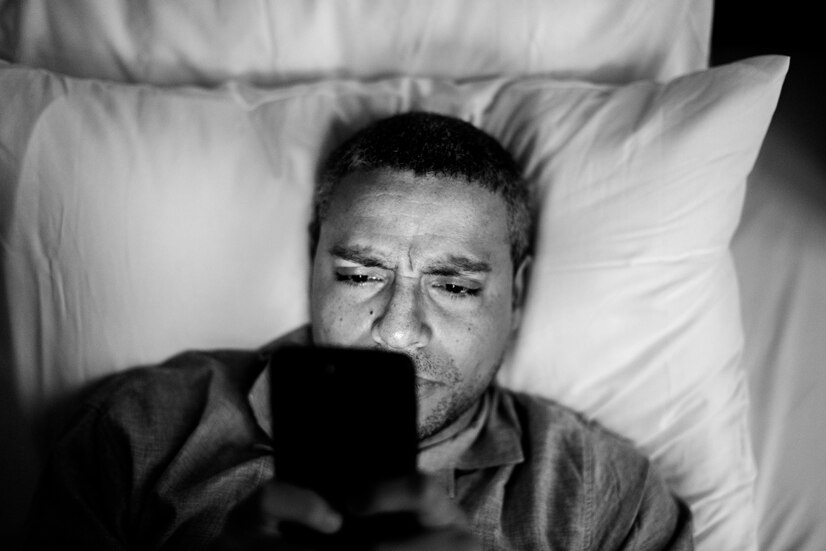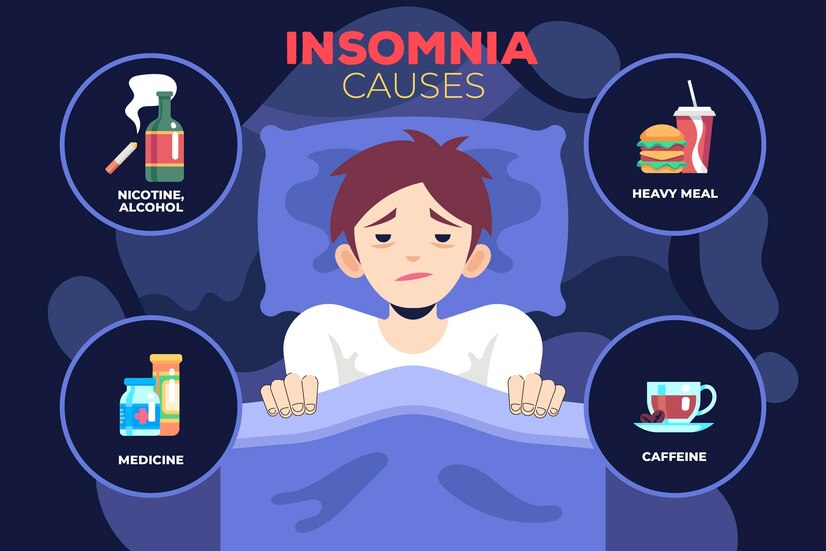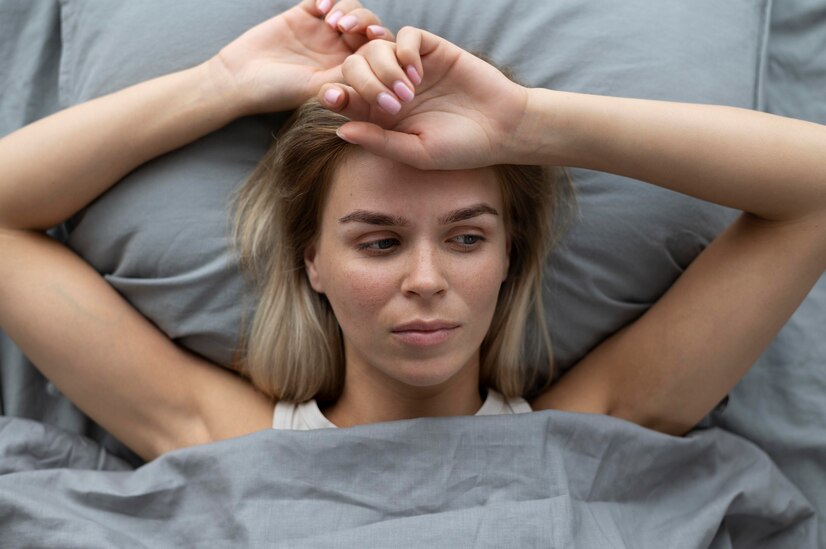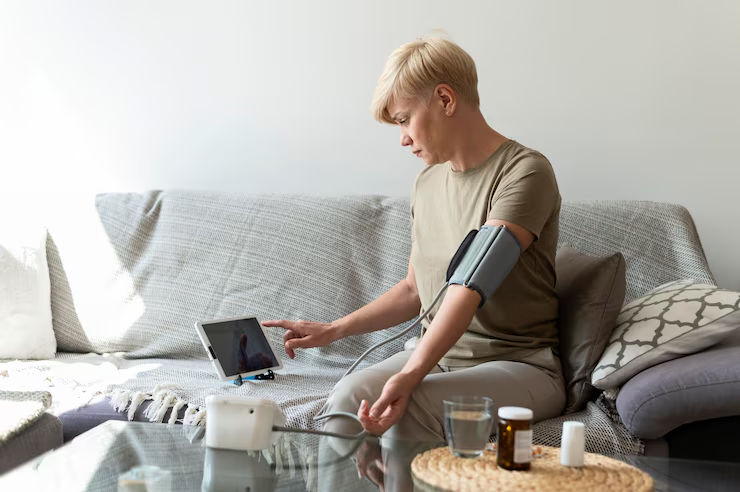Table of contents
Struggling to fall asleep and stay asleep night after night can feel like a never-ending battle. For years, I battled insomnia—tossing and turning, counting hours until dawn, and waking up exhausted even when I finally did drift off. I tried everything from herbal teas and white noise to prescription sleep medications. While some helped temporarily, nothing truly solved the issue—until I discovered CBD for insomnia.
This is my personal journey of how CBD transformed my sleep and gave me my nights—and days—back. If you’re searching for a natural, non-habit-forming option for better sleep, read on.
What is CBD and How Can It Help with Sleep?

CBD (cannabidiol) is a non-psychoactive compound found in the hemp plant. It interacts with the body’s endocannabinoid system (ECS), which plays a key role in regulating sleep, mood, pain, and more. Unlike THC, CBD doesn’t produce a “high,” but it may help promote relaxation, reduce anxiety, and improve overall sleep quality.
My Battle with Insomnia

My insomnia was rooted in a combination of anxiety and an overactive mind. I would go to bed feeling exhausted but lie awake for hours replaying the day’s events or worrying about tomorrow. Even when I managed to fall asleep, I’d wake up frequently or too early—leaving me drained.
I was hesitant to try CBD at first, mostly due to misconceptions. But after doing extensive research and seeing encouraging testimonials, I decided to give it a try.
Starting My CBD Routine

1. Choosing a High-Quality Product
I opted for a full-spectrum CBD oil with added melatonin and calming terpenes like linalool and myrcene. Quality mattered, so I went with a brand that offered third-party testing and organic ingredients.
2. Dosing Low and Slow
I started with 25mg of CBD about 45 minutes before bedtime. The effects weren’t immediate, but they were subtle and noticeable. Within a few nights, I was falling asleep faster.
3. Establishing a Routine
Using CBD at the same time each evening became part of my wind-down ritual, along with dimming the lights, reading a book, and avoiding screens.
How CBD for Insomnia Changed My Sleep
Within two weeks of consistent use, I noticed a dramatic shift:
- Faster sleep onset: I was falling asleep in 15–30 minutes instead of 2–3 hours.
- Fewer nighttime awakenings: I began sleeping in longer, uninterrupted stretches.
- Deeper sleep: I woke up feeling truly rested, not groggy.
- Less anxiety: My overall anxiety levels decreased, contributing to more peace at night.
Unlike sedatives, CBD didn’t knock me out or make me feel numb. It gently helped me relax—naturally inviting sleep rather than forcing it.
Things I Learned Along the Way
- Consistency is key: CBD worked best when taken nightly, not sporadically.
- Quality matters: Low-grade CBD products didn’t help; premium ones did.
- Lifestyle still counts: Pairing CBD with good sleep hygiene enhanced the results.
FAQs About CBD for Insomnia
CBD interacts with receptors in the brain that regulate the sleep-wake cycle. It may reduce anxiety, ease racing thoughts, and help the body achieve a relaxed state conducive to sleep.
Most people take CBD 30 to 60 minutes before bedtime for optimal results. The exact timing can vary based on the delivery method (oil, gummy, capsule, etc.).
Generally, no. Most users report waking up feeling refreshed. Grogginess usually only occurs with very high doses or products with additional sleep aids.
For most people, yes. CBD is considered safe and non-addictive. However, it’s always best to consult a doctor—especially if you’re taking medications.
It depends. Some people respond better to CBD, others to melatonin. In some products, they’re combined for a synergistic effect. CBD may be a better choice for anxiety-related insomnia.
Final Thoughts
Using CBD for insomnia has been a game-changer in my life. It didn’t just improve my sleep—it gave me back my energy, my mood, and my motivation. While it may not be a one-size-fits-all solution, CBD is a powerful tool for those looking for a natural way to overcome sleep troubles. If you’re tired of feeling tired, CBD might be worth a try—just be sure to choose wisely and consult your healthcare provider.
Sweet dreams!






Nice shared.